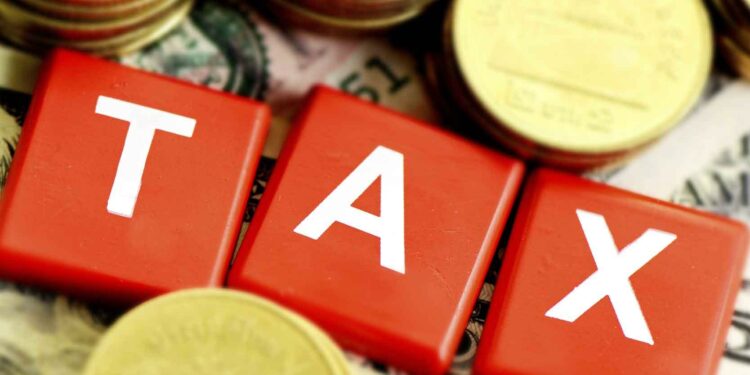Chartered Institute of Taxation urges Gov’t to focus on tax gap closure for enhanced revenue mobilization
The President of the Chartered Institute of Taxation Ghana (CITG), George Akwatia, has drawn attention to an overlooked facet of the country’s taxation framework, asserting that closing the tax gap holds the key to addressing Ghana’s revenue mobilization challenges. Rather than focusing solely on introducing new taxes, Akwatia contends that investing efforts into bridging the existing tax gap could significantly bolster the nation’s revenue generation for developmental purposes.
Speaking during a recent interview, Mr Akwatia emphasized that an effective strategy for revenue enhancement involves tightening the gaps in the tax collection process. He stressed that through such an approach, Ghana could potentially double its tax revenues, projecting an increase from approximately ¢180 million to ¢250 million or beyond.
To substantiate his argument, Akwatia referred to a 2020 World Bank study that scrutinized Ghana’s tax gap. This study revealed that across three critical tax categories—Import Duties, Corporate Tax, and VAT—the nation was grappling with a tax gap of around 20%.
His calculations offer a stark perspective on the potential gains. Based on Ghana’s estimated 2021 GDP of $77.6 billion, applying a 20% tax gap to this figure could translate to a substantial revenue shortfall of approximately ¢155 billion to ¢270 billion, depending on exchange rate fluctuations. In contrast, Ghana’s total tax revenue for 2023 is projected to be around ¢108 billion, further underscoring the significance of addressing the tax gap.
Mr Akwatia’s insights lead to the conclusion that while the government seeks to bolster its revenue streams, prioritizing efforts to close the existing tax gap could be a more effective approach than simply introducing new taxes. By doing so, Ghana might tap into a considerable source of revenue that has hitherto been underutilized, supporting its national development goals in a sustainable manner.








